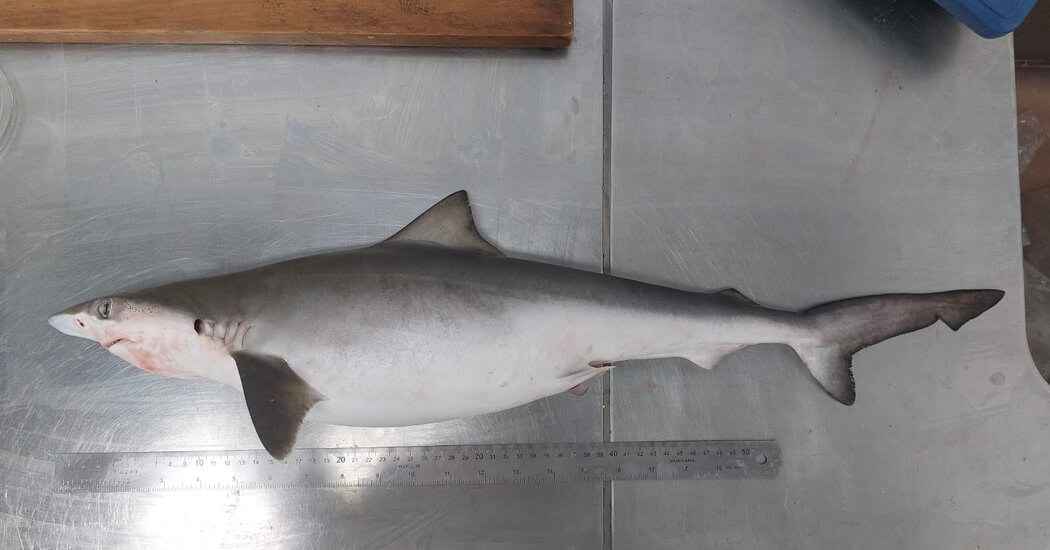Researchers have confirmed the presence of cocaine in sharks off the coast of Rio de Janeiro, though questions remain about the effects of the drug.
If the prospect of sharks lurking just off the beach wasn’t frightening enough, researchers in Brazil have discovered a new reason to be unnerved: Some of them have cocaine in their system.
In a study published last week, researchers tested 13 sharks off the coast of Rio de Janeiro and found that all had traces of cocaine in their liver and muscle tissues. The levels of cocaine found in these sharks were reported to be as much as 100 times higher than in previously observed marine life.
“We were actually dumbfounded,” said Rachel Ann Hauser Davis, a co-author of the study and a biologist at the Oswaldo Cruz Foundation in Brazil. “We were excited in a bad way, but it’s a novel report. It’s the first time this data has ever been found for any top predator.”
This was the first study to analyze cocaine in sharks, following various studies on smaller species, including mollusks, crustaceans and even eels. All 13 sharks examined were found to have unfiltered cocaine in much higher concentrations than in previous studies on other animals, indicating chronic exposure to the drug.
But the study examined only a small sample, leaving many questions about whether the exposure harms the sharks or the humans who eat them.
“I thought it was pretty remarkable that they got it published even with just 13 animals,” said Daniel Snow, the director of the Water Sciences Laboratory at the University of Nebraska, who did not participate in the research.
